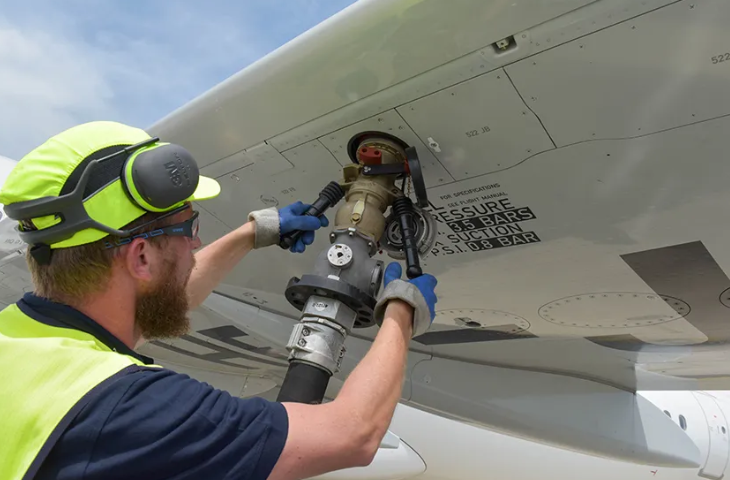 The supply of sustainable aviation fuel (SAF) is expected to triple in 2024, a significant increase, yet it will still only represent a small fraction, 0.53 percent, of the aviation sector’s total annual fuel needs.
The supply of sustainable aviation fuel (SAF) is expected to triple in 2024, a significant increase, yet it will still only represent a small fraction, 0.53 percent, of the aviation sector’s total annual fuel needs.
The International Air Transport Association (IATA) stated that global SAF production is projected to reach 1.5 million tonnes this year. However, during the IATA Annual General Meeting in Dubai, IATA Director General Willie Walsh urged governments to do more to accelerate SAF production.
SAF, known for emitting up to 80 percent fewer emissions than traditional jet fuel, plays a crucial role in the airline industry’s goal to achieve net-zero carbon emissions by 2050.
Walsh emphasized, “SAF will provide about 65 percent of the mitigation needed for airlines to achieve net-zero carbon emissions by 2050, so the expected tripling of SAF production in 2024 from 2023 is encouraging. We still have a long way to go, but the direction of exponential increases is starting to come into focus.”
IATA suggested that by 2030, another 140 renewable fuel projects could be in production, potentially creating up to 51 million tonnes of SAF from facilities worldwide.
While there is growing interest in SAF, Walsh noted that concrete plans are lacking. Governments have set clear expectations for aviation to reduce CO2 emissions by 5 percent through SAF by 2030 and to achieve net-zero carbon emissions by 2050. To meet these goals, policies to ensure sufficient SAF availability are crucial.
IATA advocates for diversifying the feedstocks used for SAF, including agricultural, forestry, and municipal waste, in addition to used cooking oils and animal fats. It also calls for incentives such as stable, long-term tax credits to boost SAF production.
To account for airlines’ emissions reductions from using SAF, IATA will establish a SAF Registry, launching in early 2025. This registry will track and report airlines’ emissions reductions accurately, aligning with reporting obligations and international standards.
Airlines are facing increasing scrutiny over environmental claims, with the European Commission and EU consumer protection authorities contacting 20 airlines regarding potentially misleading environmental claims.


















